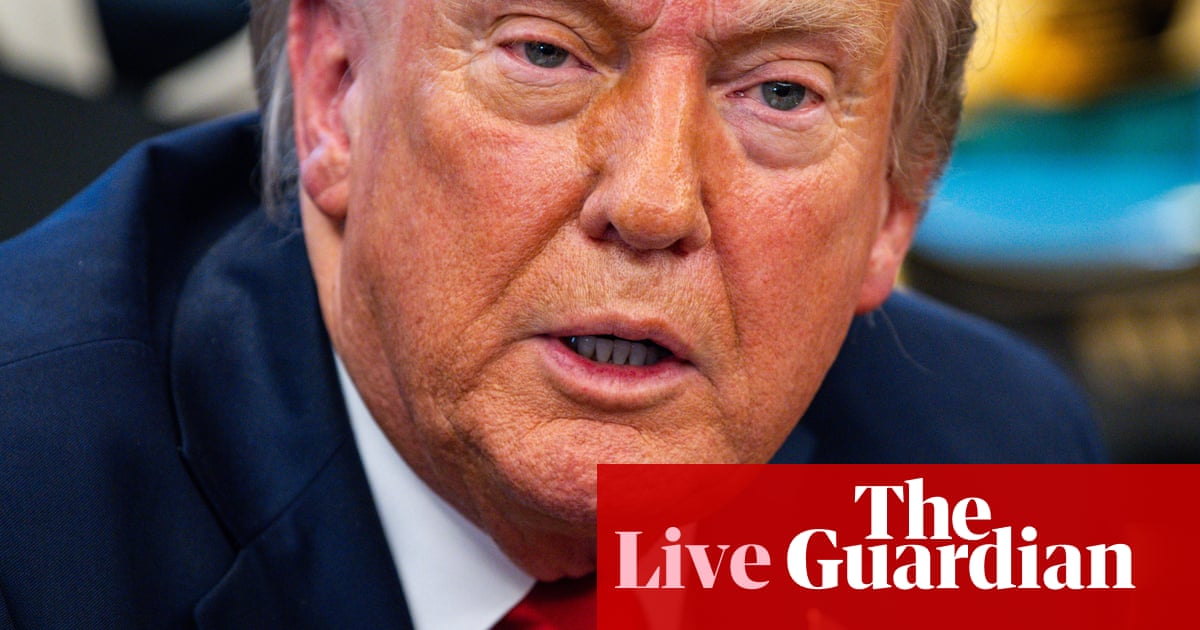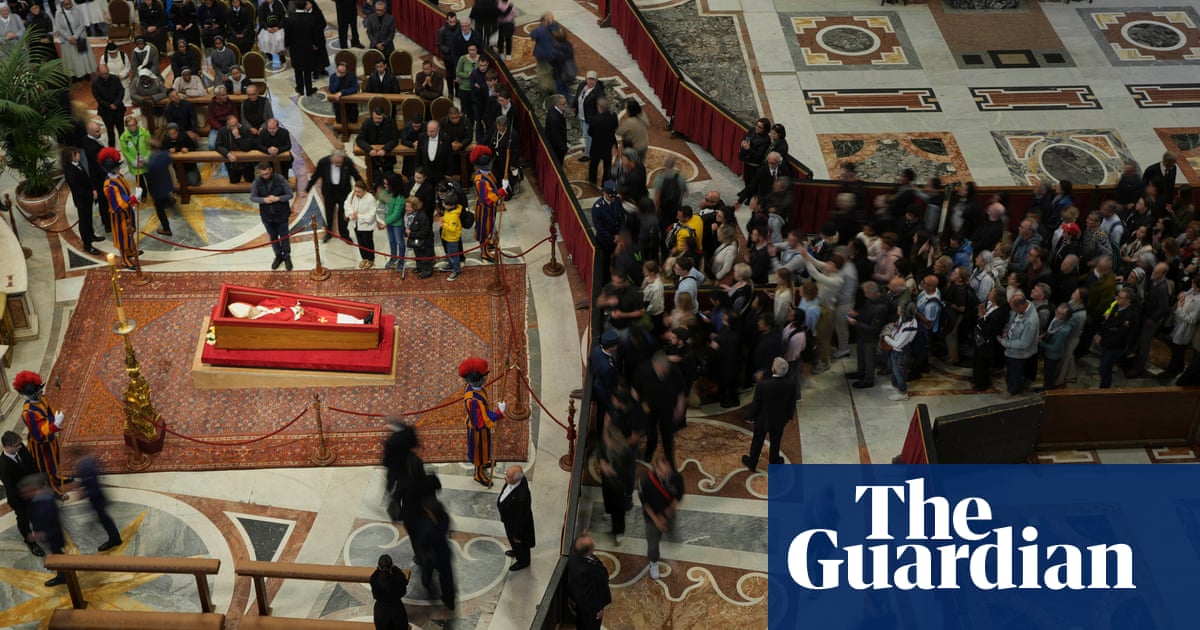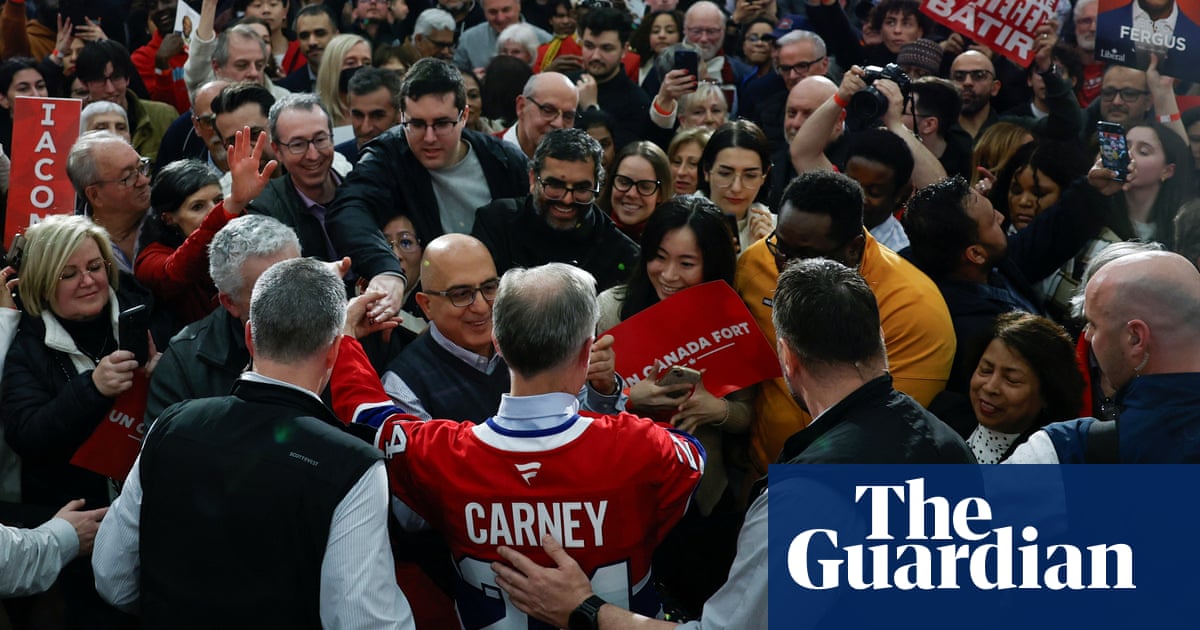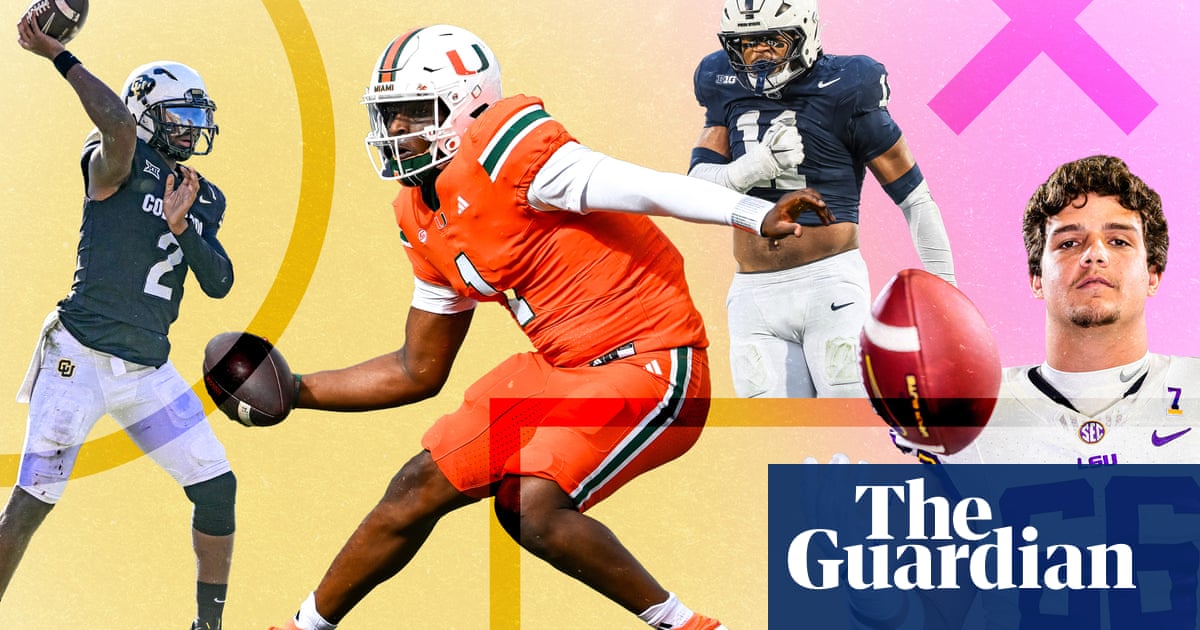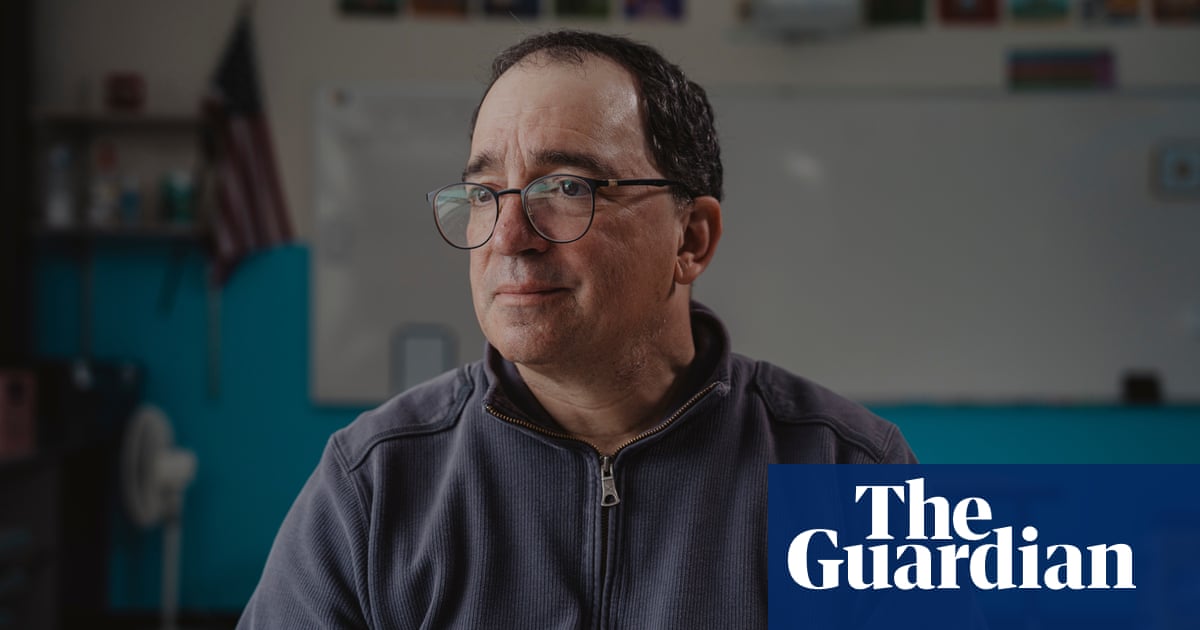The US and the UK have refused to sign the Paris AI summit’s declaration on “inclusive and sustainable” artificial intelligence, in a blow to hopes for a concerted approach to developing and regulating the technology.
The two countries did not immediately explain their reasons for not adding their names to a document backed by 60 signatories on Tuesday, including China, India, Japan, Australia and Canada.
The UK prime minister’s official spokesperson said France was one of the UK’s closest partners in AI, but the government would “only ever sign up to initiatives that are in UK national interests”.
But they added that the UK had signed up to the summit’s Coalition for Sustainable AI and had backed a statement on cybersecurity.
Asked if the UK had declined to sign up because the US had refused to do so, the spokesperson said they were “not aware of the US reasons or position” on the declaration.
Confirmation of the snub came soon after the US vice-president, JD Vance, took to the stage at the Grand Palais to criticise Europe’s “excessive regulation” of technology and warn against co-operating with China, in a hard-hitting speech.
The communique states that some of the priorities are “ensuring AI is open, inclusive, transparent, ethical, safe, secure and trustworthy, taking into account international frameworks for all” and “making AI sustainable for people and the planet”.
The Élysée Palace said more countries might sign the declaration in the hours after the event.
Vance’s speech, in front of leaders including the French president, Emmanuel Macron, and the Indian prime minister, Narendra Modi, indicated dissatisfaction with the global approach to regulating and developing the technology. Keir Starmer, did not attend the summit.
Vance, in his first trip abroad as US vice-president, issued a caution against the EU’s regulatory approach, stating that “excessive regulation of the AI sector could kill a transformative industry”.
Speaking in front of the head of the European Commission, Ursula von der Leyen, Vance added: “We need international regulatory regimes that fosters the creation of AI technology rather than strangles it, and we need our European friends, in particular, to look to this new frontier with optimism rather than trepidation.”
Two other EU regulatory measures, the Digital Services Act and GDPR, also received passing criticism from Vance. Singling out the DSA, which regulates social media, the vice-president said: “It is one thing to prevent a predator from preying on a child on the internet. And it is something quite different to prevent a grown man or woman from accessing an opinion that the government thinks is misinformation.”
Vance also referred to the risks of partnering with “authoritarian” regimes, a pointed allusion to China. Referring to exports of CCTV and 5G equipment – key Chinese tech products – by authoritarian governments, he said there was a cost: “Partnering with such regimes, it never pays off in the long term.”
after newsletter promotion
As the Chinese vice-premier, Zhang Guoqing, sat yards away Vance added: “Some of us in this room have learned from experience partnering with them means chaining your nation to an authoritarian master that seeks to infiltrate, dig in and seize your information infrastructure. Should a deal seem too good to be true, just remember the old adage that we learned in Silicon Valley, if you aren’t paying for the product, you are the product.”
Vance started his speech by cautioning against an excessive focus on AI safety, in an apparent criticism of the first global AI summit in the UK in 2023, which was badged as the AI Safety Summit. The vice-president indicated that the Bletchley Park meeting was too cautious, referring to gatherings about cutting-edge technology that can be “too self-conscious, too risk averse”.
Vance, who left the meeting before the group photo at the end, finished his speech by referring to a sword held by Marquis de Lafayette, the French nobleman who served during the American war of independence.
The vice-president said he was given the opportunity to hold the sword during a tour of Paris on Monday night and it made him think about “the beautiful civilisation” that France and the US had built together with weapons such as the sabre.
Sabres, he said, “are dangerous in the wrong hands, but are incredible tools for liberty and prosperity in right hands”. He added: “If we choose the wrong approach on other things that could be conceived of as dangerous, things like AI, and choose to hold ourselves back, it will alter not only our GDP or the stock market, but the very future of the project that Lafayette and the American founders set off to create.”

.png) 2 months ago
81
2 months ago
81


